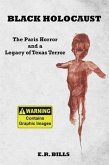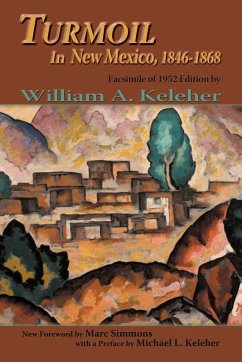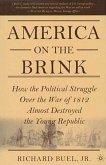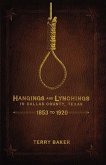The fierce battle over identity and patriotism within Cherokee culture that took place in the years surrounding the Trail of Tears
Though the tragedy of the Trail of Tears is widely recognized today, the pervasive effects of the tribe's uprooting have never been examined in detail. Despite the Cherokees' efforts to assimilate with the dominant white culture-running their own newspaper, ratifying a constitution based on that of the United States-they were never able to integrate fully with white men in the New World.
In An American Betrayal, Daniel Blake Smith's vivid prose brings to life a host of memorable characters: the veteran Indian-fighter Andrew Jackson, who adopted a young Indian boy into his home; Chief John Ross, only one-eighth Cherokee, who commanded the loyalty of most Cherokees because of his relentless effort to remain on their native soil; most dramatically, the dissenters in Cherokee country-especially Elias Boudinot and John Ridge, gifted young men who were educated in a New England academy but whose marriages to local white girls erupted in racial epithets, effigy burnings, and the closing of the school.
Smith, an award-winning historian, offers an eye-opening view of why neither assimilation nor Cherokee independence could succeed in Jacksonian America.
Though the tragedy of the Trail of Tears is widely recognized today, the pervasive effects of the tribe's uprooting have never been examined in detail. Despite the Cherokees' efforts to assimilate with the dominant white culture-running their own newspaper, ratifying a constitution based on that of the United States-they were never able to integrate fully with white men in the New World.
In An American Betrayal, Daniel Blake Smith's vivid prose brings to life a host of memorable characters: the veteran Indian-fighter Andrew Jackson, who adopted a young Indian boy into his home; Chief John Ross, only one-eighth Cherokee, who commanded the loyalty of most Cherokees because of his relentless effort to remain on their native soil; most dramatically, the dissenters in Cherokee country-especially Elias Boudinot and John Ridge, gifted young men who were educated in a New England academy but whose marriages to local white girls erupted in racial epithets, effigy burnings, and the closing of the school.
Smith, an award-winning historian, offers an eye-opening view of why neither assimilation nor Cherokee independence could succeed in Jacksonian America.
Dieser Download kann aus rechtlichen Gründen nur mit Rechnungsadresse in D ausgeliefert werden.









